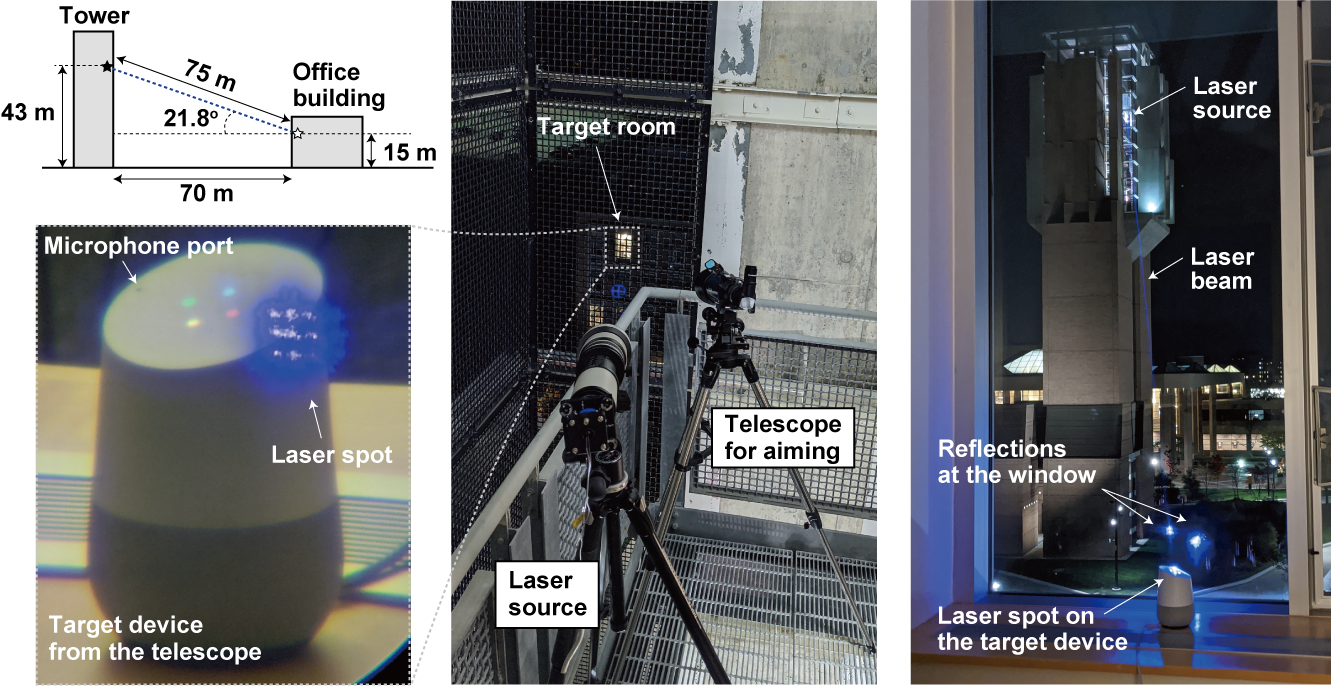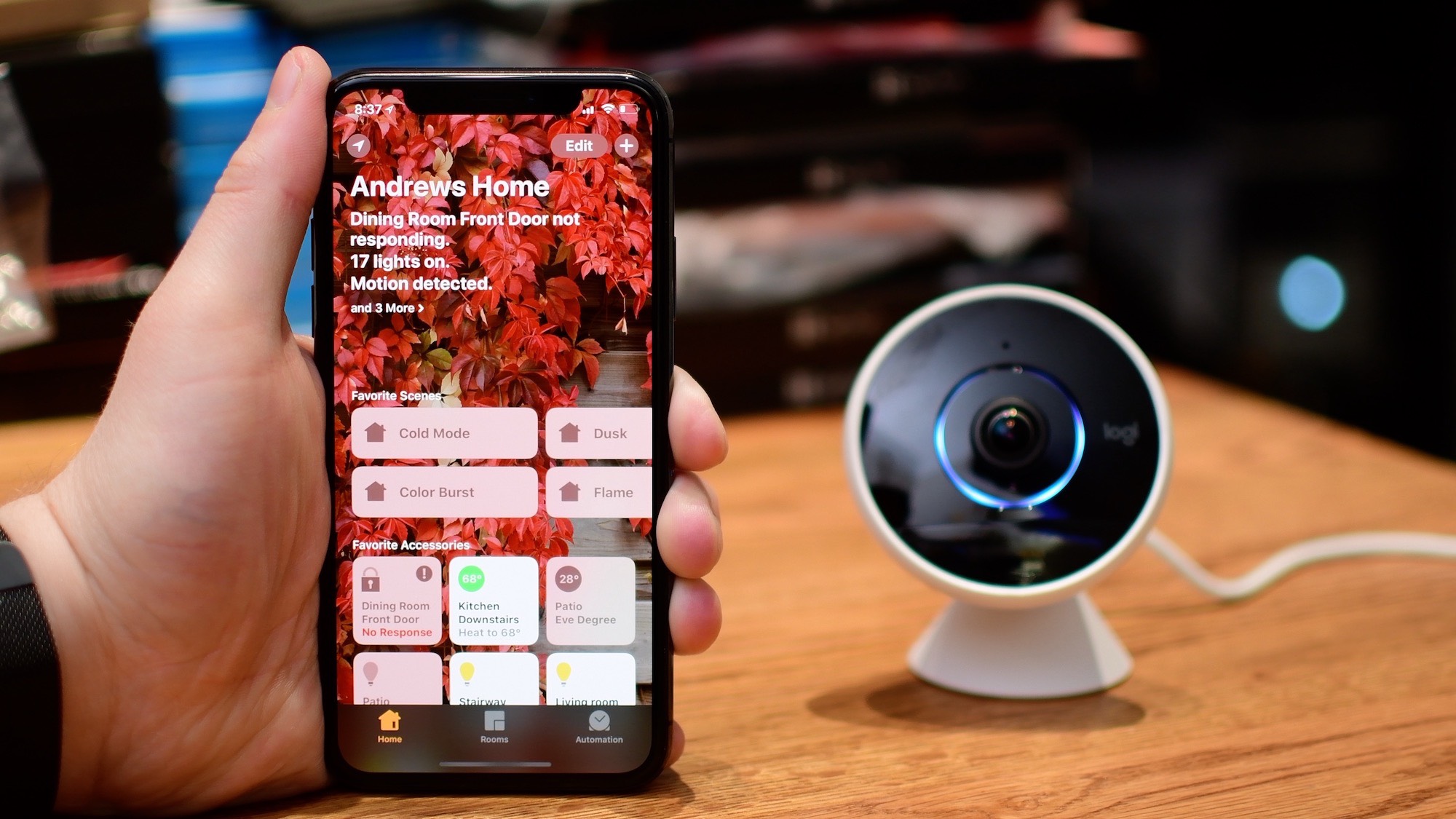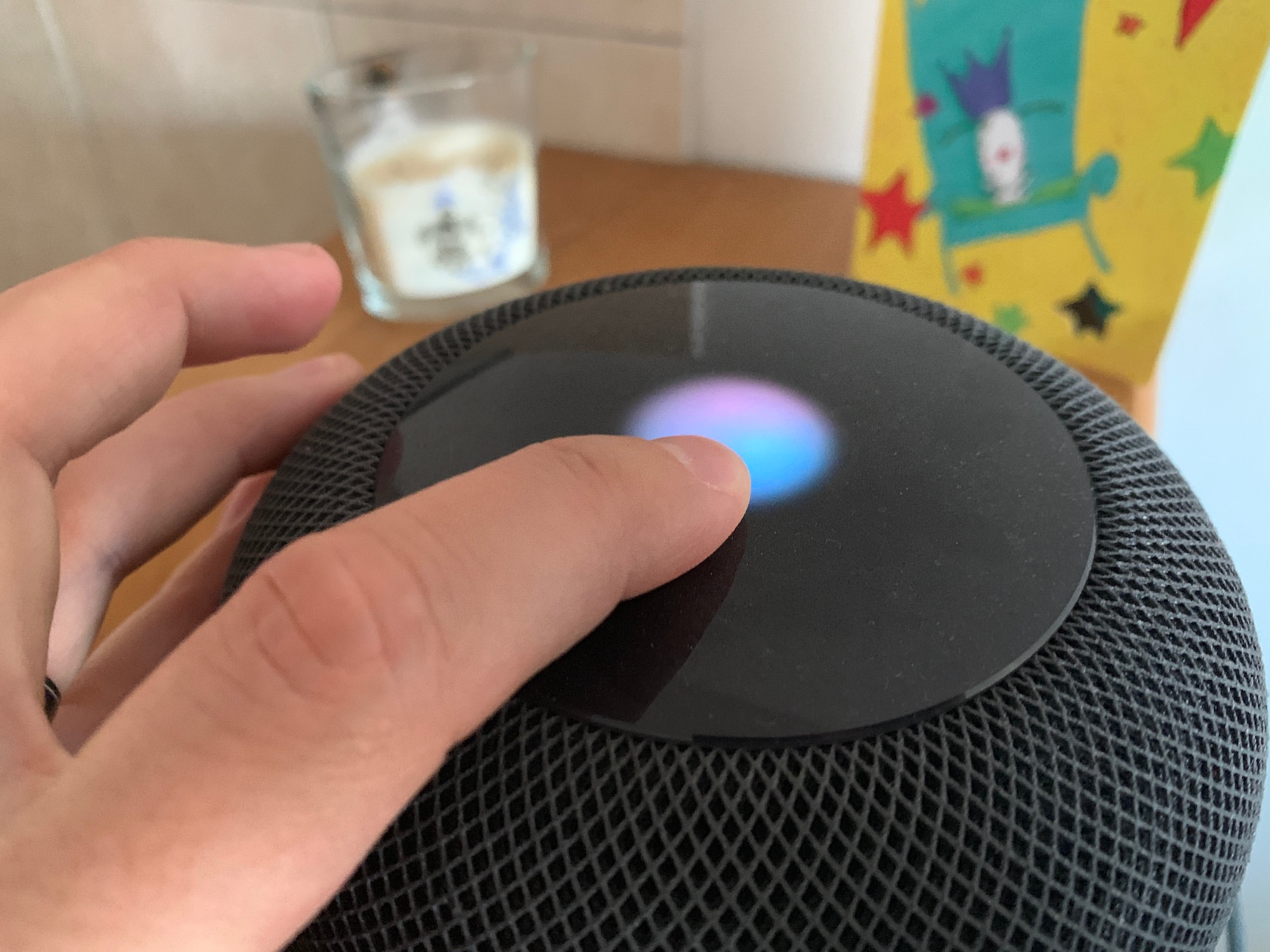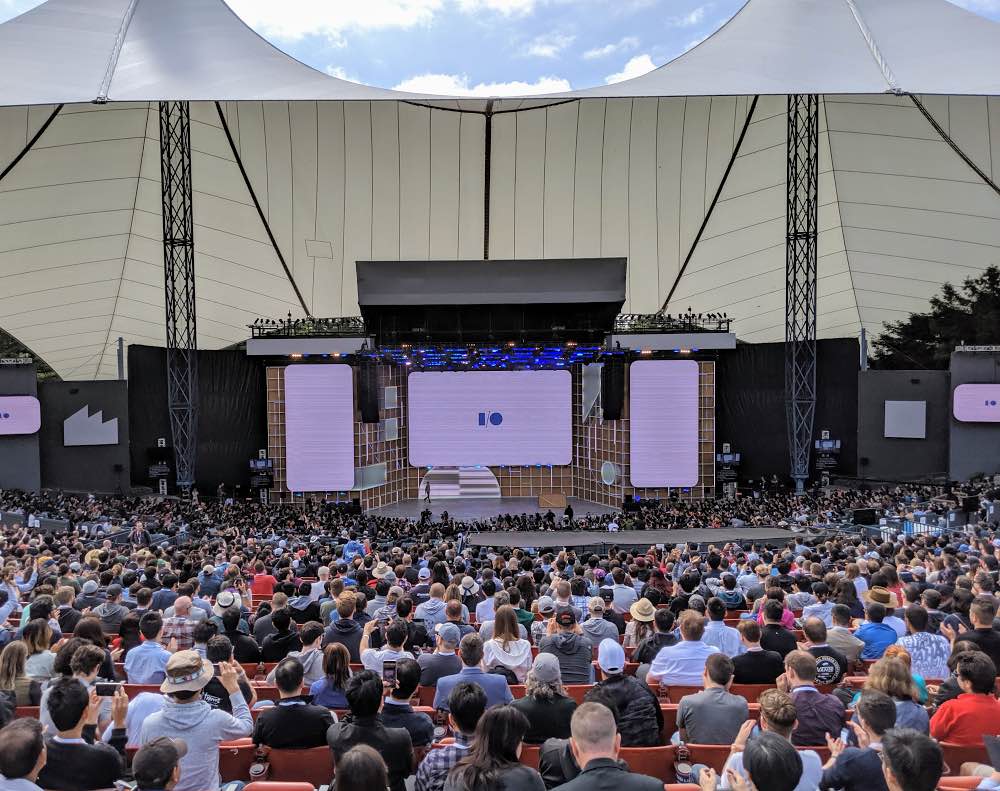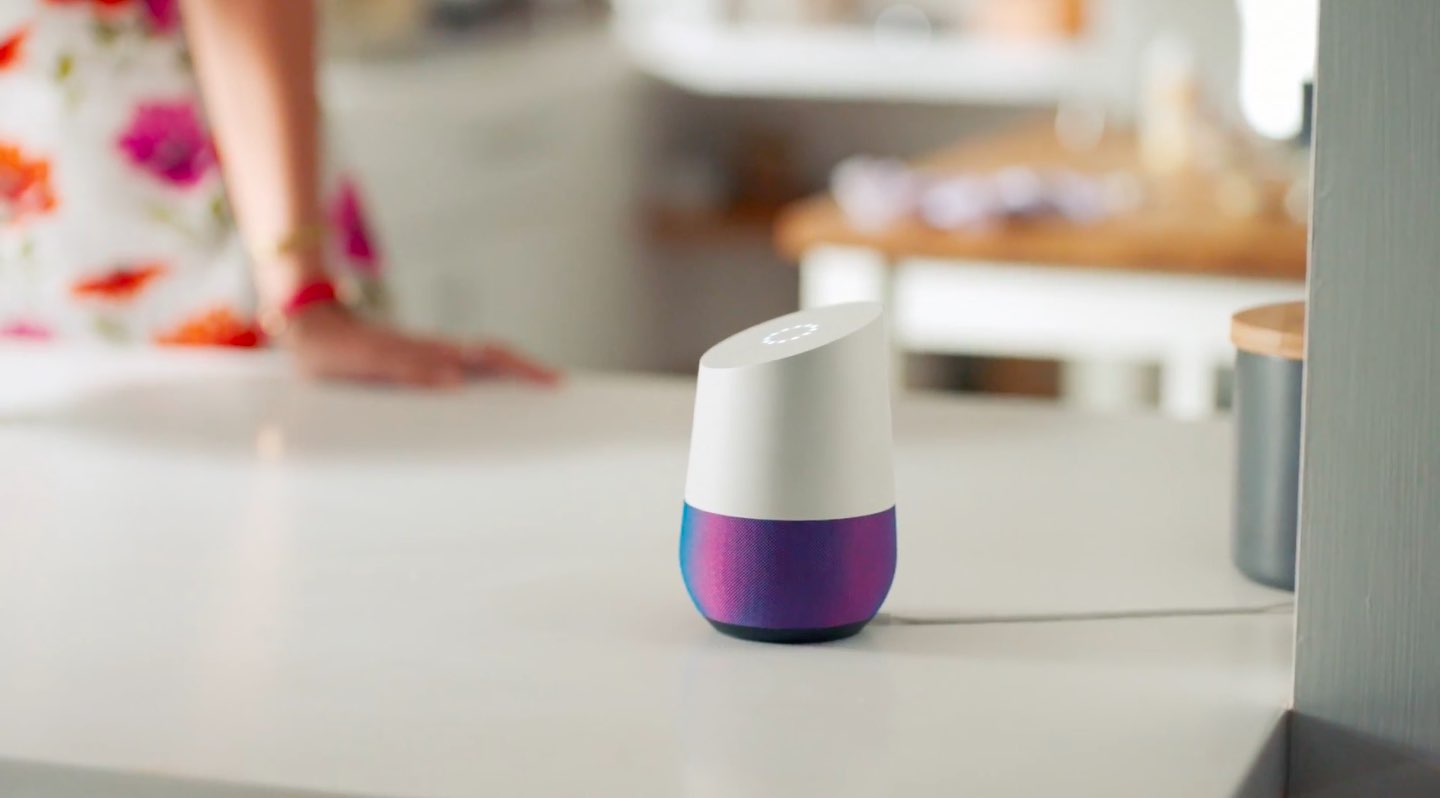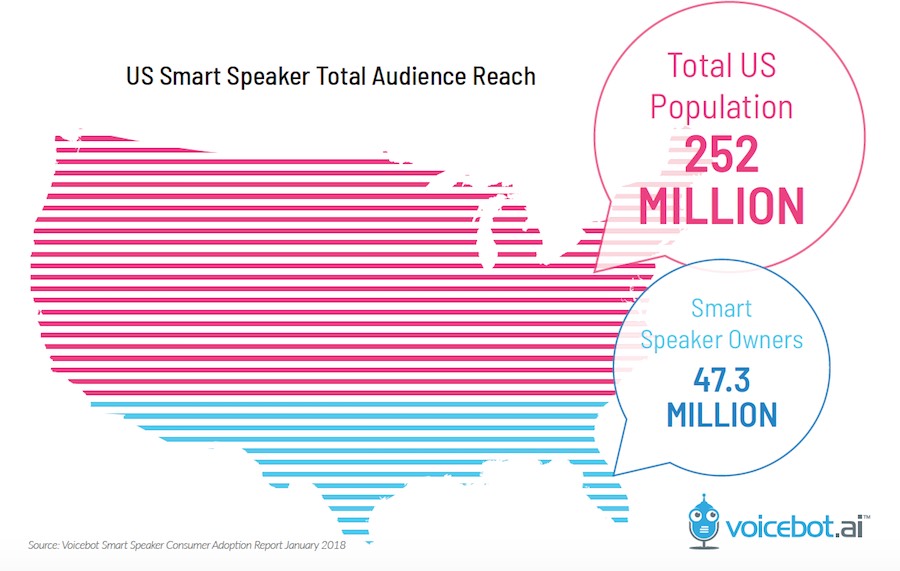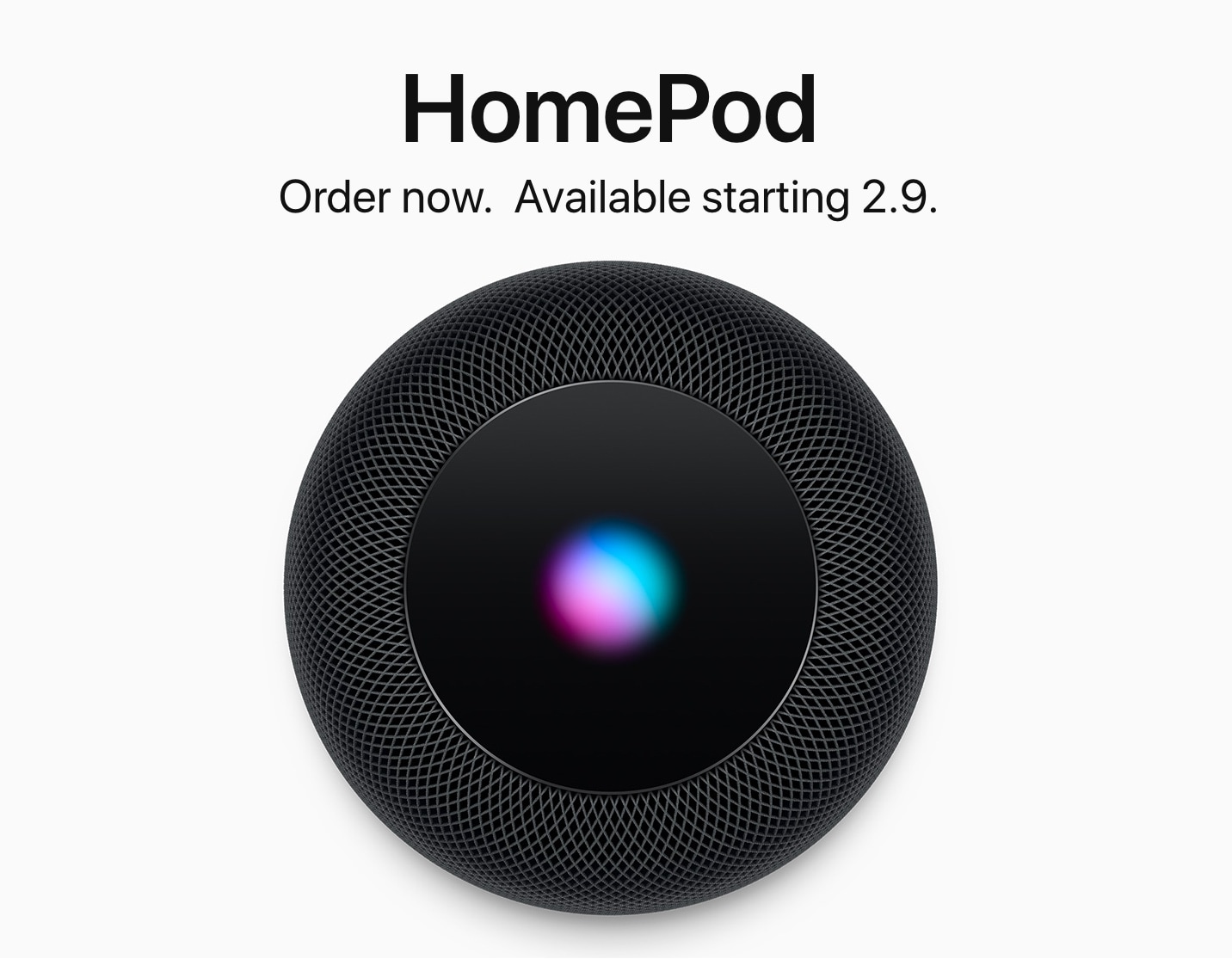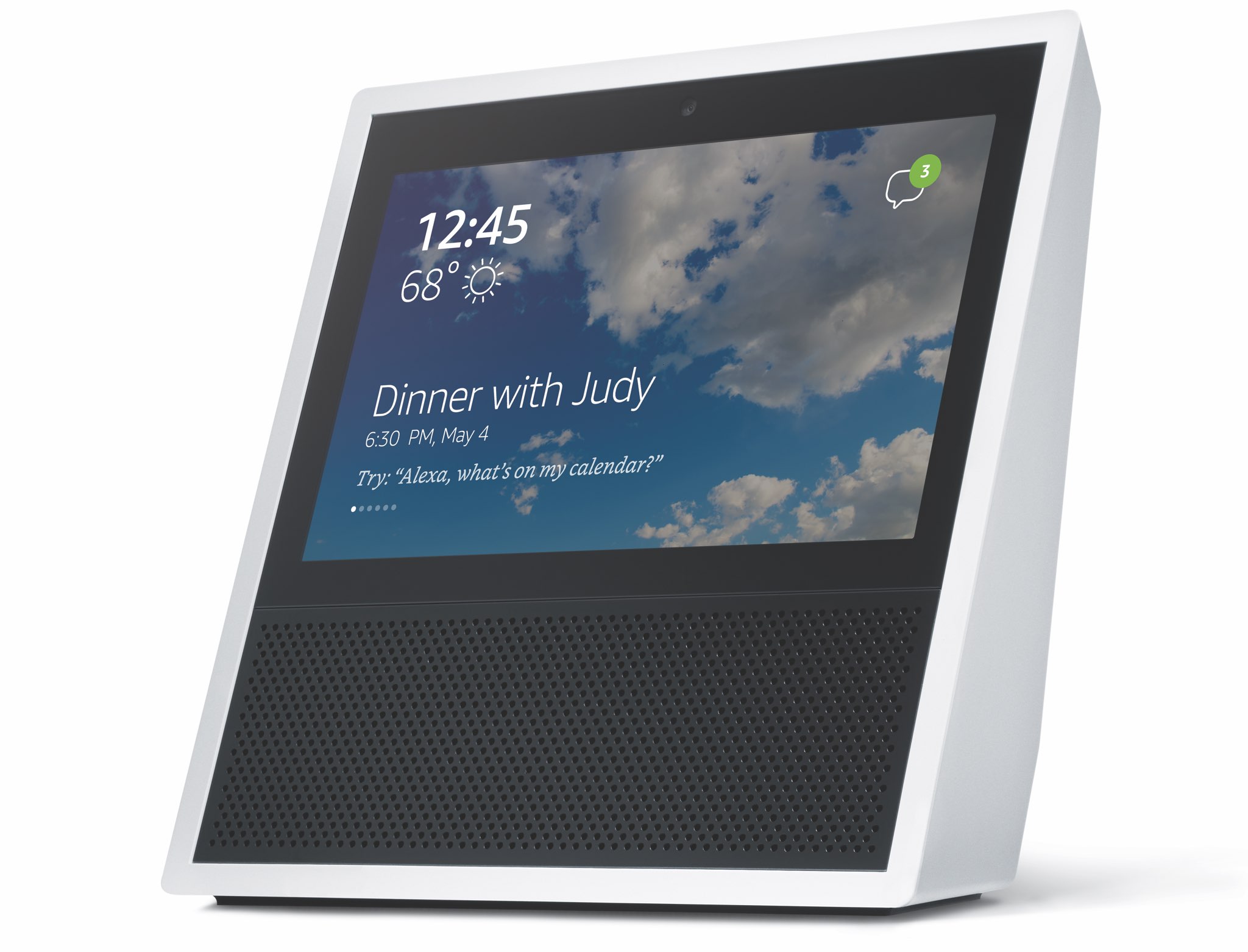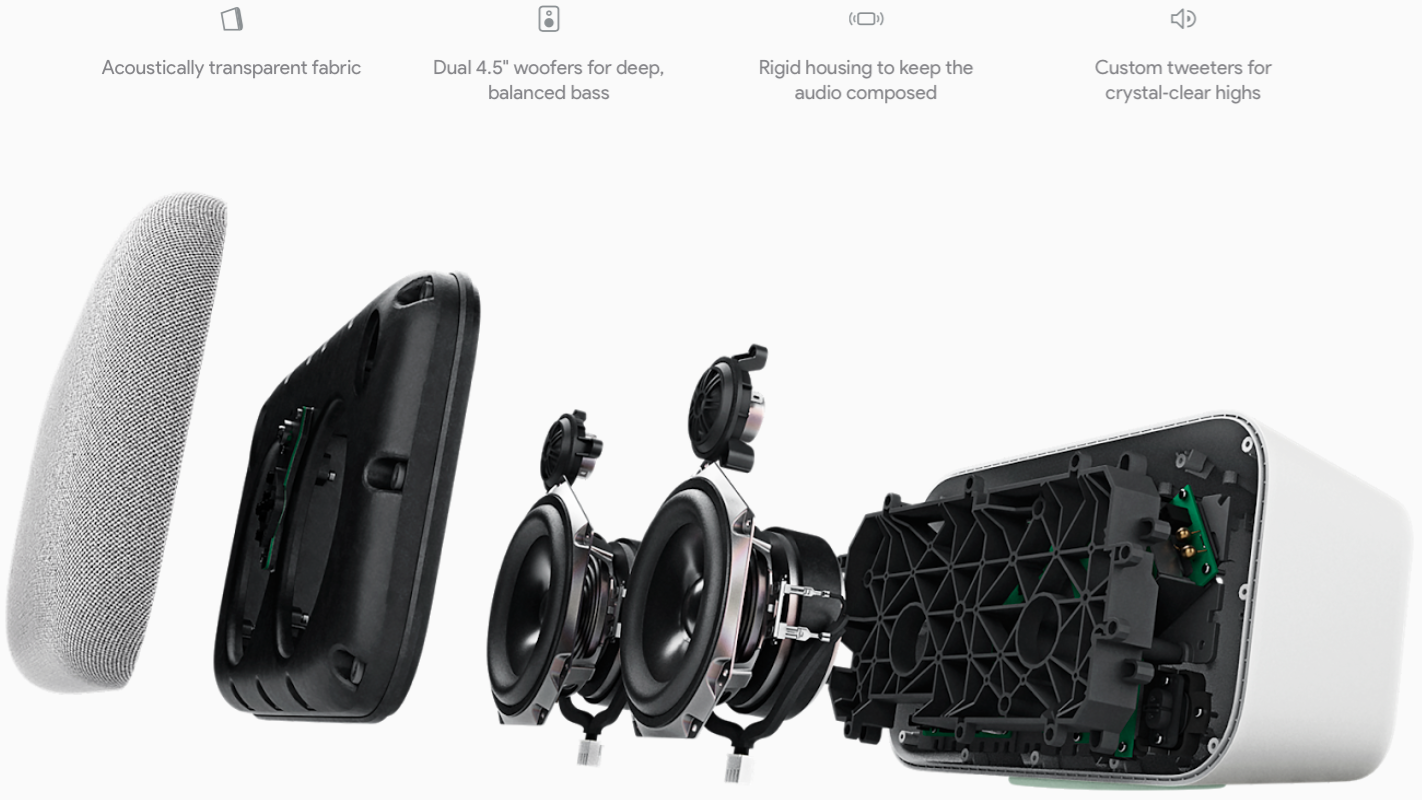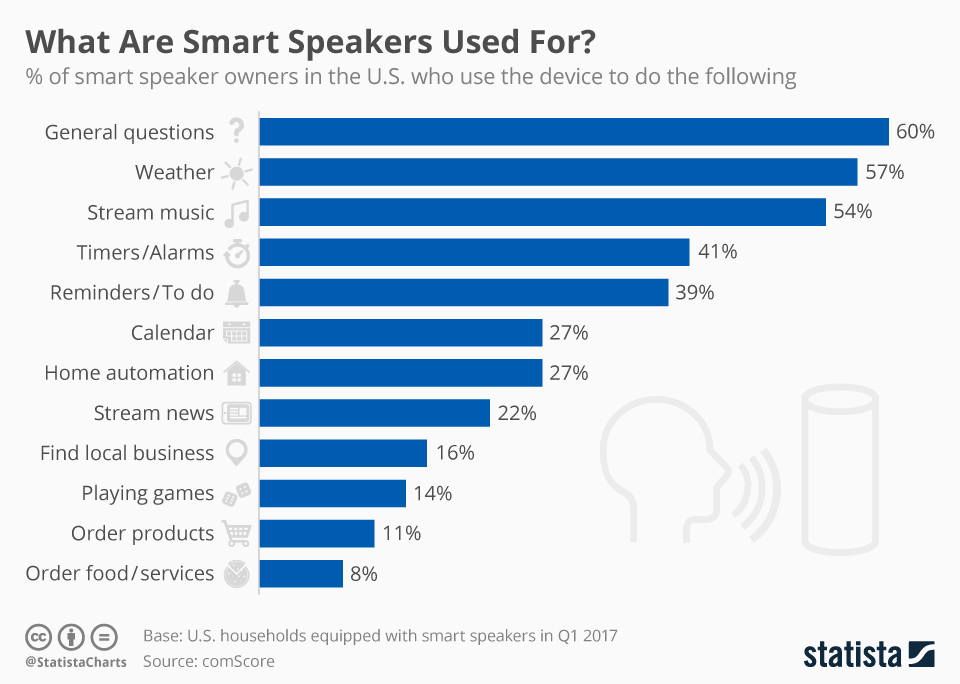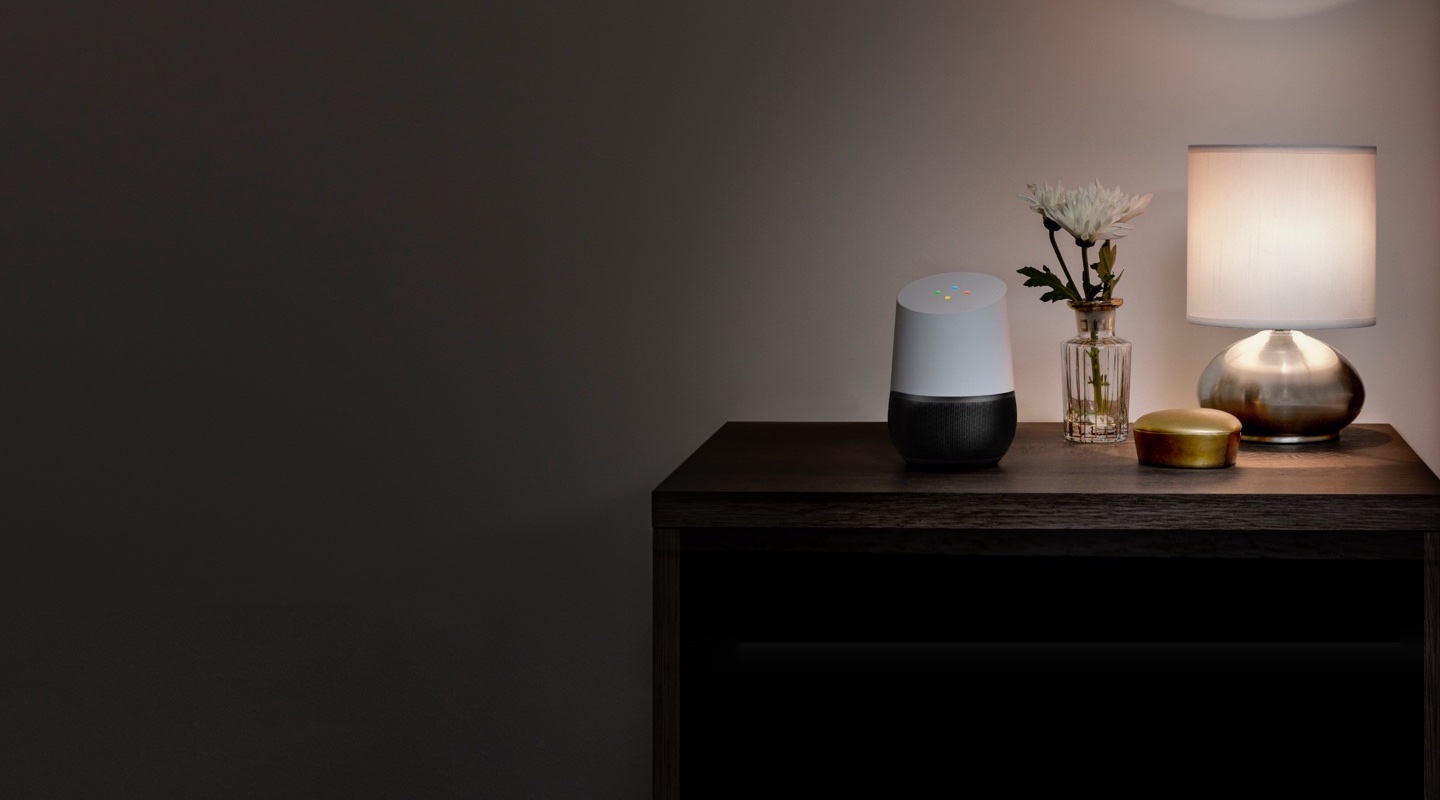I/O, Google's annual developers conference, kicked off today with a keynote talk and there are some notable announcements Apple fans should be aware of. We've summarized all the news in a bulleted fashion so check out what's new in the Google world, then meet us in comments.
Here's what was announced today at Google I/O 2019.
Android Q
The next major iterations to Google's mobile operating system (Android is reaching version 10) is Android Q. It includes a system-wide dark theme along with some cool AI-driven features, such as suggested replies from the notifications and live captioning.
https://www.youtube.com/watch?v=YL-8Xfx6S5o
With Android Q, Google is promising (stop me if you heard this) background security updates that won't require a restart and new privacy options that will hopefully limit what developers can do with your data. Android Q is getting its own Screen Time—they're calling it Focus Mode and it lets you limit distracting apps, like Instagram and Facebook—while new parental controls let parents limit apps their kids can access on a per-app basis.
https://www.youtube.com/watch?v=FgXVd60f02o
A Smart Reply feature will offer up suggested actions, similar to how Siri suggestions work on iOS devices. Android Q, like iOS 13, will have a built-in system-wide dark mode option.
The Android Q beta for all Pixel phones is available today.
Cheaper Pixels
The Pixel smartphone brand now includes additional options covering the lower end of the market, with Pixel 3a and 3aXL offering features from the premium Pixel devices at lower price, starting at $399.
https://www.youtube.com/watch?v=vc7LlUtQgNw
These phones have smart cameras the Pixels are known for and include the AI-powered Night Sight feature that boosts night shoots with a little help from machine learning.
https://www.youtube.com/watch?v=iLtWyLVjDg0
Google's adaptive battery technology delivers up to 30 hours of run time on a single charge.
https://www.youtube.com/watch?v=4HcEath46Ks
A new Home hub
Google is renaming all of its smart home products under the Nest brand whilst unveiling a new screen and camera-outfitted hub, dubbed Nest Hub Max. You can play YouTube videos on it, watch movies and television shows, enjoy pictures or even use it as a digital photo frame. Like Apple TV, it acts as a remote hub for all your smart hopme products.
https://www.youtube.com/watch?v=RW9-8ih147A
The device doubles as a security camera that streams video to the cloud. Multi-user support is also part of the package, thanks to Google's Face Match technology.
Priced at $229, Nest Max Hub is arriving this summer.
Search goes augmented reality
Google Search is getting support for augmented reality objects in search results. Similar to AR QuickView in macOS Mojave and iOS 12, people will be able to just click an object to enter augmented reality mode, which should be cool for certain shopping scenarios.
https://twitter.com/Google/status/1125810617774772224
As part of Google's newly-found privacy angle, Search is getting Incognito Mode like Google's Chrome browser. So, rather than use a privacy-browsing mode in your browser, you'll be able to enter Incognito Mode on Google Search for those times when you don't want your searches to be saved in your Google Account.
https://twitter.com/Google/status/1125811318597005312
Search will also index podcasts and let you play episodes inline. Lens, Google's impressive AI-powered visual search technology, can now calculate a tip by scanning a receipt, read aloud a menu and even highlight the most popular dishes.
Tidbits
Here are some other notable announcements:
New domains for Duplex
Duplex, Google's creepy human-sounding AI that can book a reservation for you, can now book a rental car from a supported service on your behalf, as well as reserve a movie ticket and even fill in web forms for you.
Incognito in Maps
Google Maps is getting an Incognito mode akin to the Chrome browser which lets you research directions and get directions without sharing your data with Google.
https://twitter.com/Google/status/1125818881543634951
Another legitimately cool feature in Google Maps: an augmented reality walking mode, something we've suspected would come to Apple Maps, too.
https://twitter.com/googlemaps/status/1125829356834775040
A faster Assistant
Google has done some plumbing work so now Assistant is 10x faster, responding to rapid fire requests with ease without needing to hear the Hey Google hot word multiple times. According to Goole, Assistant will be running directly on the new Pixel phones launching later this year.
https://twitter.com/Google/status/1125815241026166784
The algorithm has been perfected so Assistant is now smarter, and you'll get some new recommendations as well, such as podcasts and recipes. On top of that, Assistant will be picking up a new Driving Mode on Android this summer.
Assistant will be also coming to Waze soon, Google has said.
What's your favorite announcement from Google I/O 2019?
Let us know in the commenting section down below!
